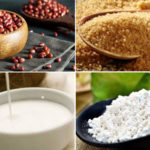Coconut water and coconut milk are two ingredients that add a delicious and rich flavor to dishes. Coconut water does not contain fat, but it provides essential energy and boosts immunity with its mineral salts. On the other hand, coconut milk is high in calories and contains most minerals and vitamins. While both have numerous benefits, it is important to consider some points when using them to avoid any adverse effects on your health.
1 Coconut Water
Nutritional Content
Coconut water is a low-fat and low-energy beverage, containing only 45 kcal in 250 ml. It is rich in magnesium and potassium, making it an invigorating drink for those who practice yoga and exercise.
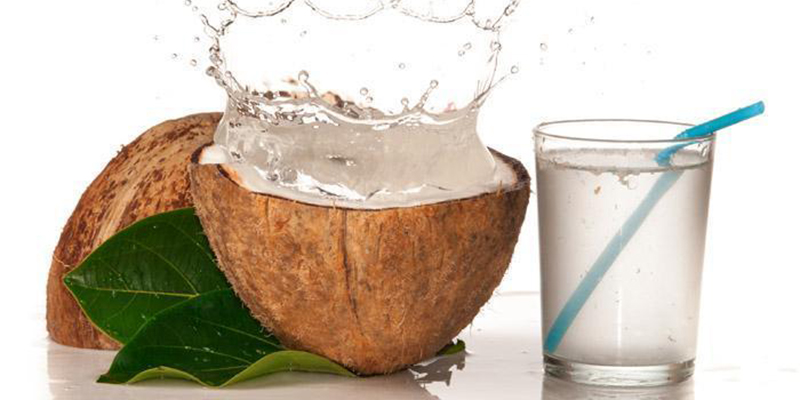
Benefits of Coconut Water
– Helps regulate blood pressure: Due to its high potassium and lauric acid content, coconut water supports the body in regulating blood pressure.
– Good for digestion: The fiber in coconut water helps alleviate indigestion.
– Drink for beauty: The cytokines in coconut water support cell formation and growth, maintaining a healthy and non-dry skin pH.
– Boosts immune system: Despite its low calorie content, coconut water provides essential vitamins, minerals, and nutrients that strengthen muscles, the nervous system, and the immune system.

How to Use Coconut Water
Coconut water can be consumed directly as a refreshing drink and electrolyte replenishment. It can also be used as a broth to add sweetness to dishes. However, it is important to be cautious when consuming fresh coconut water, especially if you have a history of edema, heart failure, liver or kidney failure. It is recommended to limit or avoid drinking coconut water in such cases, and it should only be consumed in amounts of 100-200 ml per serving and not left for more than 1 hour.
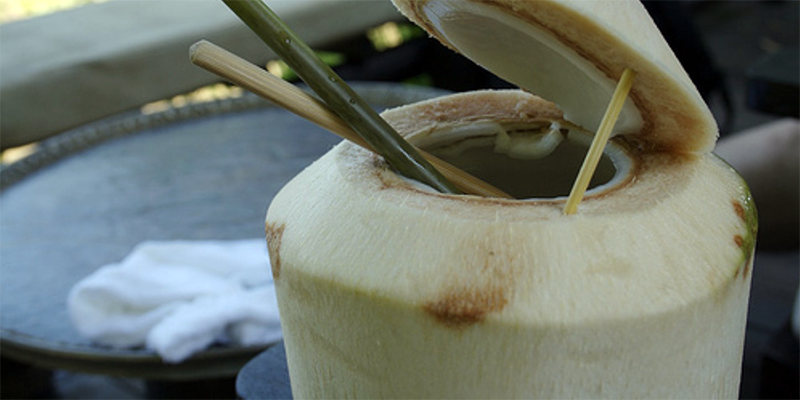
2 Coconut Milk
Nutritional Content
Coconut milk is high in calories, providing about 450-500 calories per 250 ml, which is six times higher than skim milk. It also contains various minerals, such as iron, selenium, copper, calcium, magnesium, phosphorus, potassium, and vitamins C, E, B1, B3, B5, and B6.
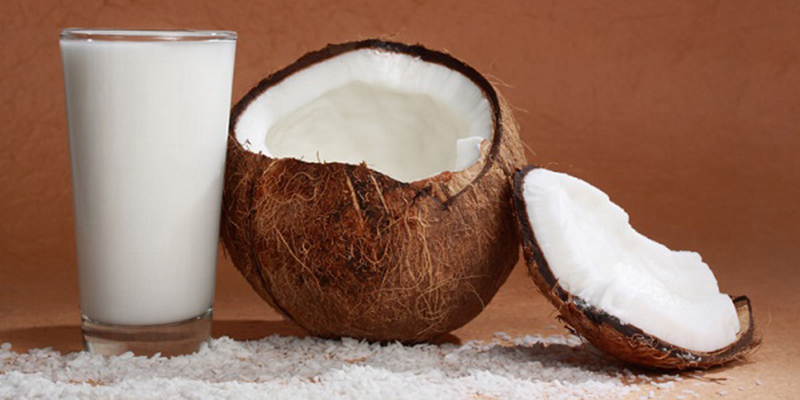
Benefits of Coconut Milk
– Prevents skin aging: Copper and vitamin C in coconut milk help maintain skin elasticity, reduce wrinkles, and make the skin smoother and brighter.
– Companion for women: Coconut milk can be used as a makeup remover to remove chemicals from the pores, allowing the skin to breathe. It is also beneficial for reducing sunburn and aiding in skin recovery.

How to Use Coconut Milk
Coconut milk can be used in various drinks, dishes, and desserts, adding a fragrant and creamy natural flavor. However, it is not suitable for people with cardiovascular problems, high cholesterol levels, or obesity. Canned coconut milk is available in low-fat and high-fat options, allowing you to control the amount of fat without compromising the characteristic flavor.
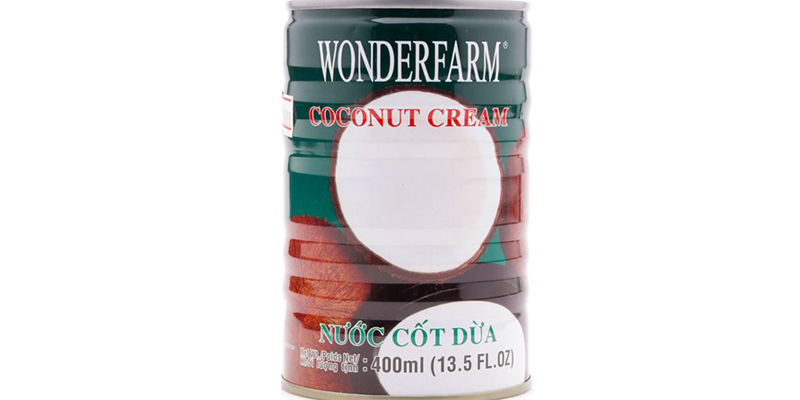
3 Differences between Coconut Water and Coconut Milk
Coconut water is a clear liquid found inside the coconut, offering a natural sweet taste. It can be consumed directly as a popular thirst-quenching drink. It is low in calories, consisting of about 94% water and carbohydrates.
On the other hand, coconut milk is made from ripe coconut meat and has a white color. It is high in fat, calories, and soluble fat content. Coconut milk contains about 50% water.
Differences between coconut water and coconut milk
Reference:
We hope that you will have more experience in using coconut water and coconut milk!
























